Why a Vow?
Those of us in the Order of St. Anthony are on a journey that is probably more theoretical than practical at this point. At this writing, we’ve only been on this trajectory a little over a year, but it has proven to be so provocative and engaging. The bottom line is all of us want a deeper relationship with God and we want to be more radical in our participation in the kingdom of God—not because we have to in order to be “saved,” but because we all get one shot at this gift called “life” and we want to live it as large as we can for God.
Have you ever been hiking on a trail and noticed an old, faint footpath wandering off the main trail deeper into the woods? I love those. I can hardly resist the temptation to explore. Sometimes those tracks yield adventure and sometimes they simply wind right back to where you started (which makes them more of a waste of time than anything else).
Making a vow to participate in a Rule of Life, like that in the Order of St. Anthony, is one of those less-traveled passageways. Though vow-making is virtually an unknown practice to we moderns, it was a very familiar practice to the ancients who have gone before us. Vows are simply promises we make to consistently practice the actions that communicate grace and strength to our souls. Consequently vow-making have the potential to help foster a robust spiritual life—a kind of healthy “steroid” for spiritual formation and discipleship. As we have wandered in this direction, it has been both intriguing and empowering, and, yet, on another level, dangerous (legalism and superstition always brood in the shadows of any intentional faith practice). But we really think this path is leading somewhere.
It is true that intentional faith practices can devolve into legalistic religion that sullies the innocence of faith. But there is a good kind of religion. The word, “religion,” comes from the Latin religare, which means “to tie fast” or “to bind to.” Religion born from God’s initiative is pure, undefiled, innocent, and powerful. Good religion is doing the things that tie you to God’s graceful, unconditional love—it is choosing to respond to that love with a resounding “YES” in your soul. To be sure vow-making is about religion, but it’s about the “pure and faultless” kind described in Scripture (James 1:27).
A Misplaced Gem
In May of 2005, to the delight of Bach lovers everywhere, an unknown composition by Johann Sebastian Bach was discovered by a classical music scholar in Germany. There was no evidence that anyone had ever heard this composition, which was a two-page handwritten aria dated October 1713, when Bach was 28. The piece had been tucked away in a box of birthday cards given to Duke Wilhelm Ernst, whom Bach served as court organist. Bach enthusiasts did not need this piece of music to enjoy and love Bach. But from their perspective, they had discovered a misplaced gem.
We feel like “vow-making” is a misplaced gem. Except in the lives of a relative few, it has been hidden—“tucked away” for many years. Christ-lovers do not need this “gem” in order to enjoy and love Jesus, but we believe its discovery will delight the heart of all of us. Before those of us in the Order discovered it, we were not lost, but we are richer for the find. We think you will be too.

